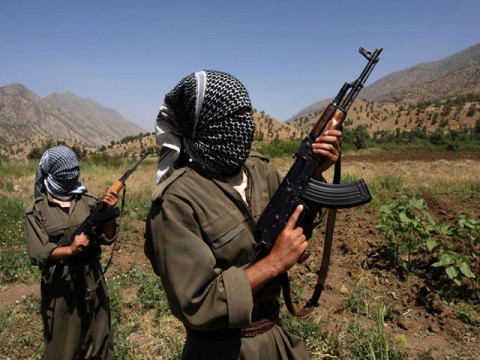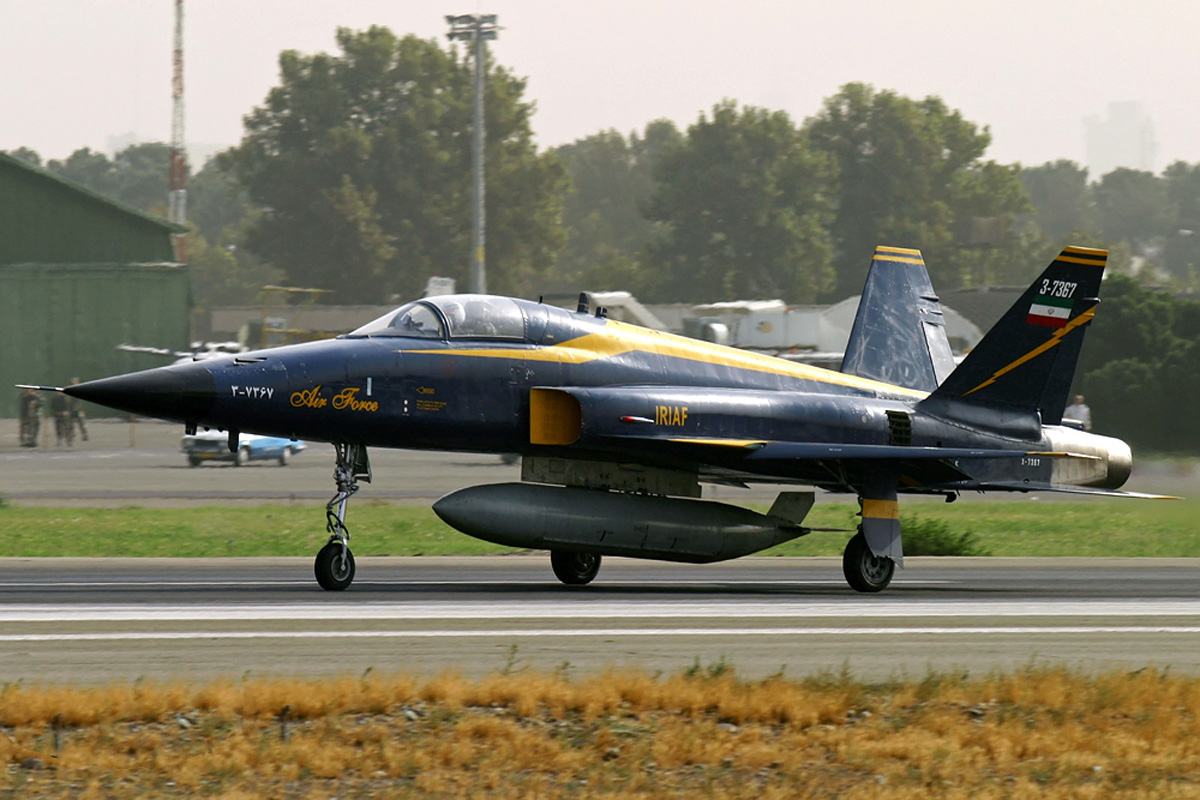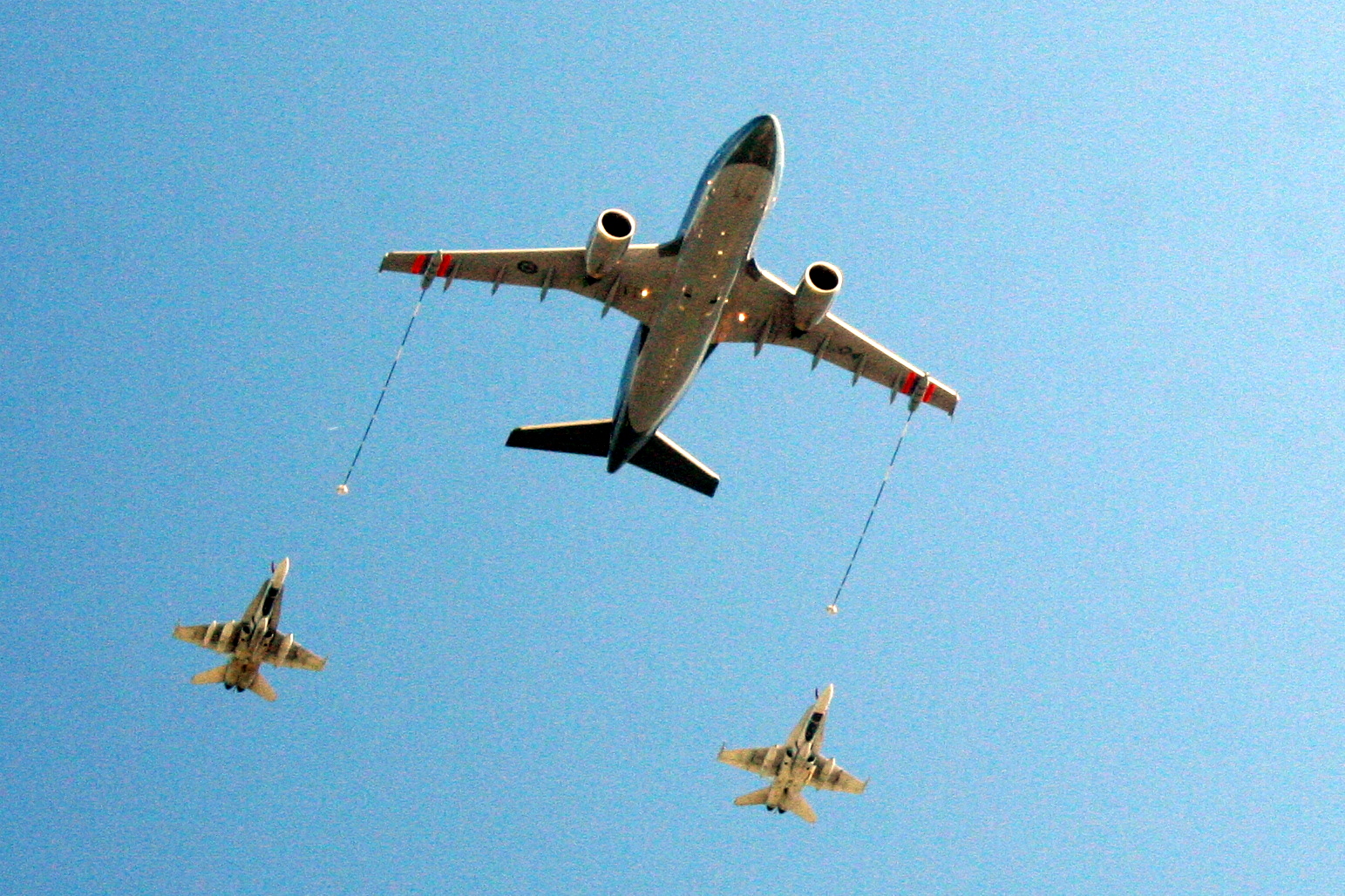Turkey and the PKK
Despite Turkey’s advocacy for democracy in the region, its human rights record has been tarnished since Ankara escalated its conflict with the Kurdish Workers Party (PKK) in 2011. Last month the PKK and Turkish army were involved in an intense confrontation. On June 19, 18 people were killed in southeast Turkey when 100 members of the PKK launched an attack on three military monitoring outposts. The Turkish military subsequently retaliated and military operations have since continued against the PKK.
The PKK, a designated terrorist group by Turkey, the US and EU, began a separatist insurgency against Ankara in 1984. The Kurdish people have a long history of grievances against the Turkish state and the creation of the PKK created a complex security situation along the Syrian-Turkish border. With the uprising against Bashar al-Assad and deteriorating Syrian-Turkish relations the PKK have been able to look to Damascus for increased support. Reports have suggested that PKK fighters, with funding and armaments from the Assad government, have been firing on villagers in Syria along the Turkish border. The conflict next door has also created concerns for Turkey regarding the possibility of PKK infiltration within the refugee population flowing in from Syria. Considering these issues, and the blowback that may result, Turkey’s choice to increase military confrontation with the PKK is highly counterproductive. Innocent Kurdish bystanders caught in the middle of these pitched battles are likely to become enraged by Turkish military involvement and become sympathetic to the PKK’s nationalistic cause.
History of Oppression
[captionpix align=”left” theme=”elegant” width=”320″ imgsrc=” http://4.bp.blogspot.com/_N2zmj–SwU0/R6jMjtAv1RI/AAAAAAANCCQ/1cMXAj9gHF4/s400/Turks.jpg” captiontext=”Turkish nationalism is still very ethnically driven.”]
To understand the ongoing asymmetrical conflict it is important to gage the current Turkish-PKK standoff through a historical lens. The Kemalist movement, led by the country`s first President Mustafa Kemal Attaturk, attempted to forge a new homogenous and forward looking identity with the goal of creating a strong nation-state. Nationalism was seen as essential to Turkey’s independence and economic advancement. Part of this social program was directed at ensuring internal cohesion among elites to create a unified push towards modernization. Demands from ethnic groups for national status were considered against the spirit of the nation and they were dismissed as plots of ‘enemy agents’.
The Kurds became a cause for concern for Ankara when the Kemalist movement was crafting this Turkish identity. This ethnic group is estimated at 15 million persons inside Turkey’s geographical borders. With various historical grievances against Ankara, the Kurdish people have rallied around a secessionist discourse, which makes them a threat to this nationalist cause. Due to this fact, Kurds were left out of the state controlled social distribution system, which increased their motivation for independence. During the period of import substitution industrialization, from the late 1930s until 1980, there was unequal governmental development favoring the urban centers at the expense of rural areas. As most Kurds lived in the countryside they were negatively affected by these state run economic policies. Therefore, along with the nationalistic blowback there was a feeling of economic deprivation among the Kurdish people. In the 1960s and 1970s, Kurds were calling for social justice, and with a coup d’état in 1980 the military junta turned its might against the Kurdish people. As a result, many of these Kurdish opposition groups sought shelter abroad. The core army commanders, the arbiters of Turkish politics, viewed the Kurdish question as a terrorist problem to be dealt with largely by military means. The state embarked on a campaign against the PKK guerillas and destroyed thousands of Kurdish villages in the process. This conflict spilled over into neighboring states, exacerbating conflicts with Iraq, Iran and Syria. All of these countries had sizable Kurdish populations and harbored PKK guerillas, which they used to apply political pressure on Turkey.
Along with military confrontation, the Turkish government attempted to resolve the Kurdish question through developmental projects. Ankara believed that socio-economic development would undermine the Kurdish threat. The government invested in wide ranging projects to bring prosperity to the Kurdish region and act as a bulwark against the secessionist movement. In the 1980s, Turkey built a dam to allow for greater water distribution to regions populated by Kurds. By the late 1990s there were many advancements and water irrigation improved the lives of many Kurds. These developmental advancements have been buttressed by political initiatives, particularly in 2009 when Recep Tayyip Erdoğan’s AKP government announced a “democratic opening” to address the rights of Kurds. More recently Ankara allowed for the teaching of the Kurdish language in schools, seen as a big step forward for Kurdish rights.
The Current Situation
[captionpix align=”left” theme=”elegant” width=”320″ imgsrc=” http://asbarez.com/App/Asbarez/eng/2012/01/0110turkeyairstrikes.jpg” captiontext=”Mourners bury those killed in December airstrike.”]
Despite these advancements at the political and economic levels, negotiations between the government and the PKK to end the ongoing conflict have collapsed. The PKK continues to fight for Kurdish autonomy and cultural rights against the central government. Turkey’s recent violent confrontation in the Kurdish regions is alarming and has threatened the advancement of human rights in the region. Furthermore, these blatant and ongoing violations of human rights are sending a negative example for the establishment of democracy in the Middle East. The fight against the PKK has caused a variety of issues pertaining to Turkish governance over its Kurdish areas. Many civilians among the Kurdish population have become the victims of military action in the southeast of the country. Last year on December 28, air strikes killed 24 Kurdish villagers, including 19 children. Turkey has also used the excuse of PKK activity to clamp down on Kurdish activism. In December 2011, 36 journalists working with a pro-Kurdish newspaper were imprisoned on terrorist charges.
The Kurdish Question is a regional concern with the Kurdish population comprising a minority in Turkey, Iran, Syrian, and Iraq. Yet this has not resulted in a regional attempt to resolve this asymmetrical conflict. Rather, these states have used the Kurdish question against one another through proxy conflicts and political maneuvering. Resolving regional concerns such as the Kurdish question would create peace, generate confidence, and undermine security threats in this volatile area. Furthermore, living up to internationally accepted standards of human rights would increase Turkey’s democratic credentials. As a rising regional power in a highly dynamic geographical space , Turkey’s human rights record is important. With uprisings in the Arab world and the push for democracy in Syria still ongoing, Ankara would be smart to create itself as a beacon for democracy and human rights in the region.




